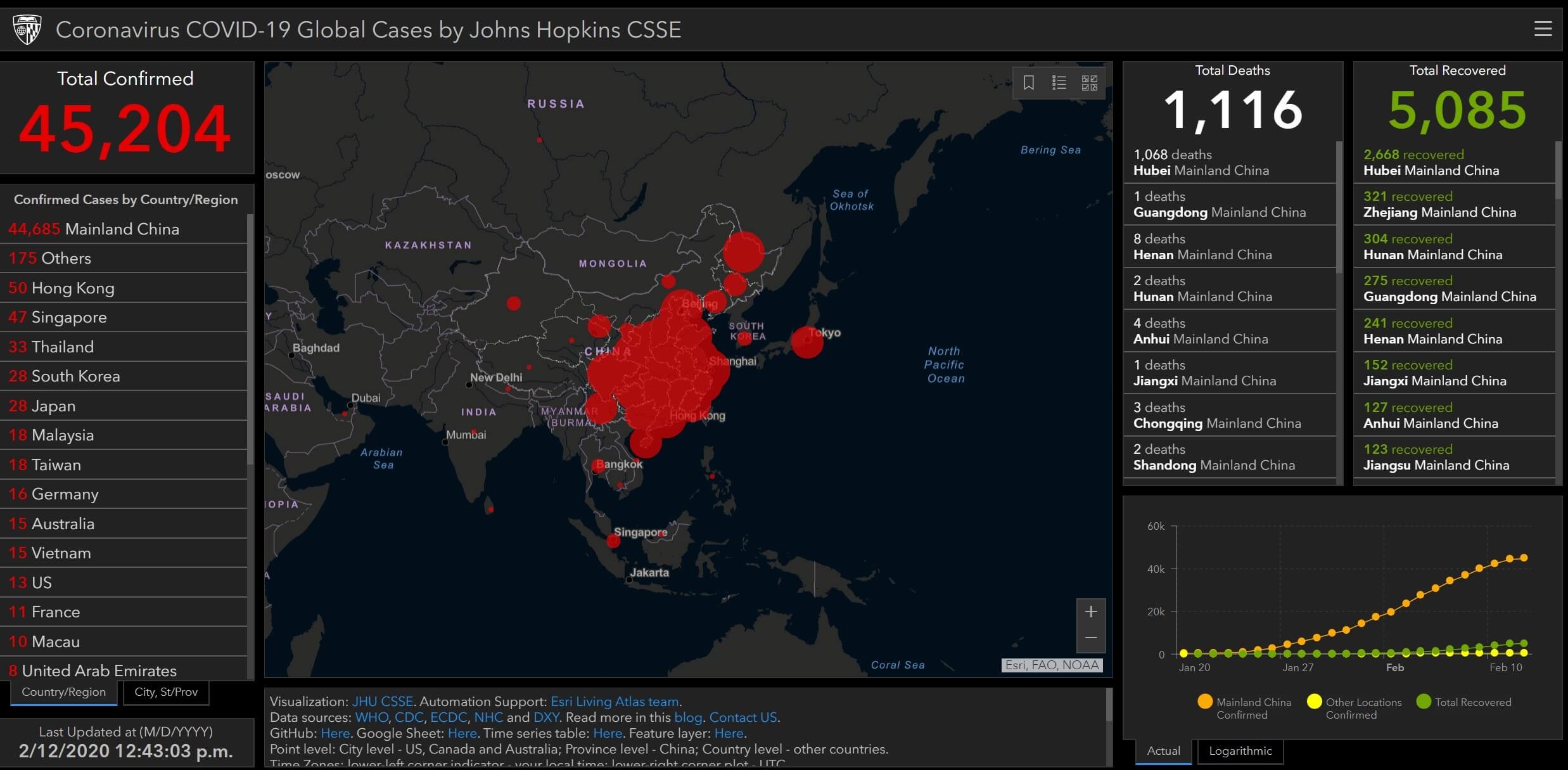[ad_1]
Why it matters: The Chinese government has launched an app that aims to combat the spread of the coronavirus. The “close contact detector” works by letting people know if they’ve been in close proximity to someone with the disease.
According to China’s state-run news agency, Xinhua, users can scan a QR code using mobile apps such as Alipay, WeChat, or QQ to make an inquiry. After registering a phone number, users enter their name and ID number to discover if they’ve been in close contact with someone who is infected. Every registered phone number can be used to check the status of up to three ID numbers.
The National Health Commission states that close contact includes people who work together, go to the same classroom, and live in the same house. It also covers medical staff and other people who have been near patients in closed environments, along with passengers and crew on mass transit systems.
On a flight, for example, passengers within three rows of an infected person, along with cabin staff, are considered as being in close contact. In air-conditioned trains, passengers and crew members in the same carriage are regarded as being in close contact.
Anyone who has been in close contact with a carrier is advised to stay at home and contact local health authorities.
The app was designed by the General Office of the State Council, the National Health Commission and the China Electronics Technology Group Corporations. There’s no word on how it detects those infected with the coronavirus, though the app has received support from several government health and transportation agencies to “ensure accurate, reliable and authoritative data.”
With China’s questionable reputation when it comes to respecting its citizens’ privacy, having to enter names and government IDs to register the app is causing concerns.
“In this case the public good and the public health has to outweigh the privacy concerns, otherwise we have no shot of doing anything about this,” Dr. Irwin Redlener, the director of Columbia University’s National Center for Disaster Preparedness, told ABC News. “Most people would rather know that they’ve been in contact with someone who has coronavirus than to have that information kept from you.”
[ad_2]
Source link


